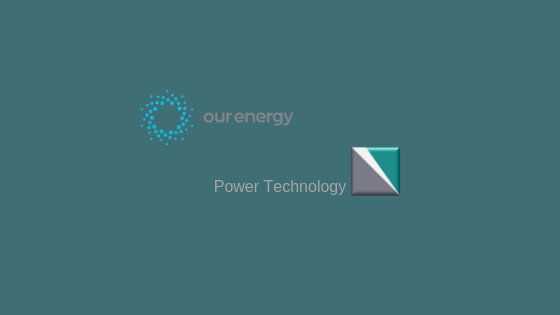
Why choose for a Local Energy Market?
New Zealand is a nation that finds itself at the forefront of renewable energy. Approximately 85% of electricity used in New Zealand comes from renewable sources, such as; hydro, solar and wind. The electricity that you purchase from the national grid is thus most likely already generated from a renewable energy source. This begs the question: why not generate it within your community?
What is a Local Energy Market?
Generally speaking, the purchase of energy happens off the national grid from established energy retailers. The established energy retailers often don’t have personal relationships with consumers and mainly come in contact on a transactional basis. In this energy structure the consumer is highly reliant on the course of action implemented by the energy retailers.
A Local Energy Market (LEM) is, in short, an energy sharing platform for communities to share their power with one another. This enables consumers in communities who have a surplus of energy from their own renewable energy sources to sell or gift it within their LEM, and in turn for consumers with a deficit of energy to purchase it. This creates a local marketplace for communities to take control of their own energy consumption, limiting the necessity of a large energy retailer.
Why is a Local Energy Market beneficial?
The main reason that LEM’s are beneficial is because of their ability to limit the reliance of consumers on established energy retailers. An LEM gives the power to people, and grants them the ability to create their own communal marketplace on which they can share power. This offers the consumer a large amount of flexibility, efficient power usage and in the long run a strengthened communal feeling.
Our Energy and Power Technology partnership
The implementation of the Local Energy Market initiative requires software and hardware based solutions. The software side of the initiative will be fulfilled by Our Energy, a registered energy retailer, who will provide their peer-to-peer based energy trading software named lemonade. Power Technology will provide the hardware side of this initiative, which consists of the solar modelling and installation.
The focus has initially been put on the New Zealand Solar Schools program that has been founded by Power Technology in 2017. Together they will strive to implement LEM’s into schools across New Zealand, educating children further on the usage and payment of energy. Power Technology has already been educating children in the past through said program.
Want to learn more about this joint venture? Read Craig Greaves’ dedicated article here.
